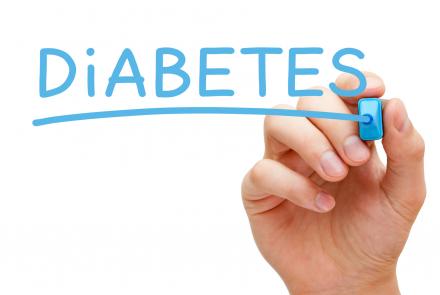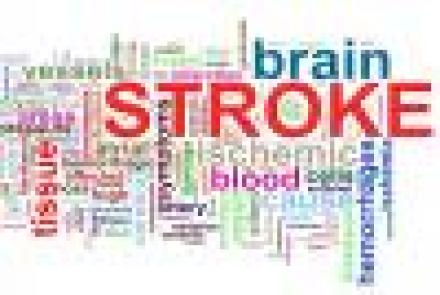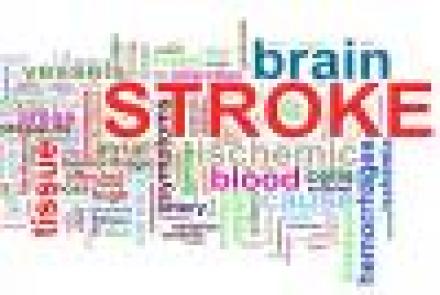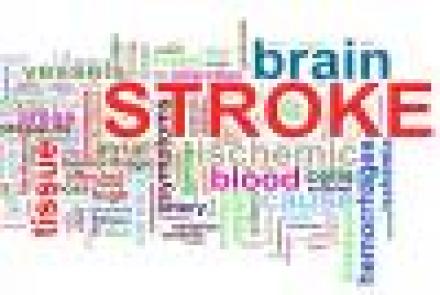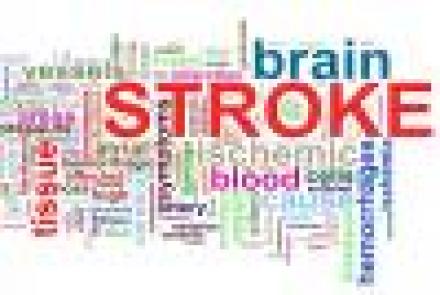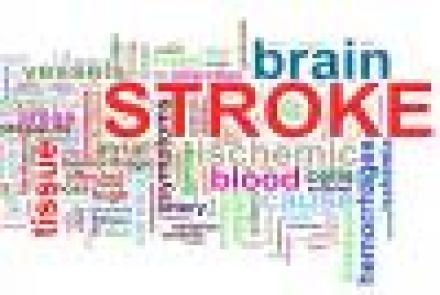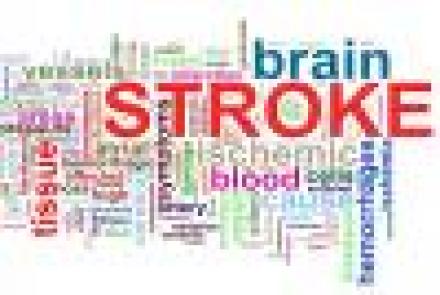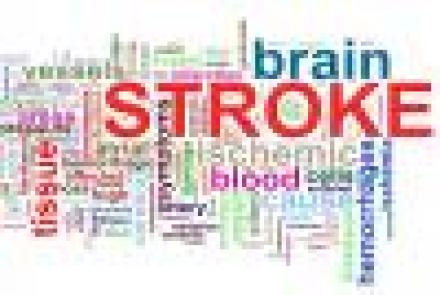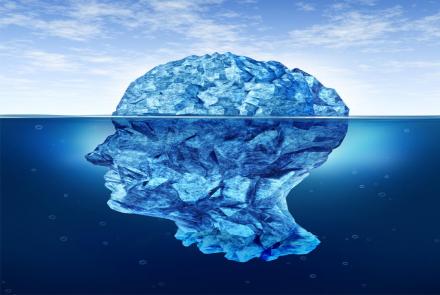Are you at risk of developing diabetes?
Yes if you are:
45 years of age or older
Overweight with a BMI (Body mass index) of 25 or over.
Is your waist measurement more than 35cm (for women) and 40cm (for men)
Physically inactive
Have a close relative with diabetes
Have a history of gestational diabetes or delivering an overweight baby (> 9 pounds)
Have polycystic ovary syndrome
High triglycerides or low HDL (good) cholesterol
Have had abnormal blood sugar tests in the past
Have heart…
Latest Stories
- In addition to Treatment and Rehabilitation, the following aspects are equally important Nutrition Eat like a Mediterranean (fresh fruits and vegetables, whole grain foods, lean meats and poultry, fatty fish once or twice a week) Cut fat intake Limit your alcohol consumption Limit salt intake. Exercise Make exercise a habit as soon as the doctor gives you the go-ahead. Exercise at least 30-40 minutes every day. Exercise will help you maintain an ideal weight and…
- The primary goal of treating stroke patients is to restore blood flow to the brain. The doctor will consider some of the following options: Medications that dissolve the blood clot. Surgical procedures that can open up or widen arteries - either in the carotid artery or in the brain, wherever the blockage is located. The carotid artery is located in the neck, supplying blood to the brain, neck and face. There are two carotid arteries, one on the right and one on the left. Once the…
- What tests do you need to have done? Stroke is a medical emergency, and anyone suspected of having a stroke should be taken to hospital immediately (delay affects rehab) so that tests can be done and the correct treatment provided as quickly as possible. Tests include: Physical examination and tests like a blood pressure test, blood tests to check cholesterol levels and blood sugar levels. Ultrasound - a wand waved over the neck can provide a picture that shows whether there is any…
- Different types of Stroke are: Thrombotic stroke: This kind of stroke occurs when blood flow to the brain is blocked by a blood clot in a blood vessel. Embolic stroke: This is caused when a travelling particle like fat, air, cancer cells or clump of bacteria in the blood stream blocks a blood vessel in the brain. Haemorrhagic stroke: This is caused by a breakage or rupture of a blood vessel in the brain leading to bleeding within the brain. Silent stroke: This does not have any…
- Here are some of the general symptoms noticed in a stroke: Sudden-onset face weakness Arm drift (ie, if a person, when asked to raise both arms, involuntarily lets one arm drift downwards) Abnormal speech Some symptoms depend upon the part of brain involved. If the brain stem (the part that joins the brain to the spine) is affected, it may result in the following: Altered smell, taste, hearing or vision (total or partial) Drooping of eyelid and weakness of eye muscles Decreased…
- Can it be prevented? You can lower your risk of getting a stroke by doing the following: Control and reduce high blood pressure Avoid fatty foods Avoid high carbohydrate intake Do not smoke tobacco Control your diabetes Stay active Manage your heart
- What causes a stroke? • Lack of blood flow caused by a blockage, such as a blood clot, in the blood vessel • Internal bleeding in the blood vessels in the brain Are you at the risk of getting a stroke? Stroke can occur at any age. So, it doesn’t just affect the elderly. However, the chances of stroke do increase in a person who has certain risk factors. Stroke is known to have multiple factors that can increase risk, but most of these factors can be treated and medically managed.…
- Since the cause of Parkinson's Disease is not known, it is not clear how to prevent it. But make sure you exercise regularly and eat a healthy diet with more fruits and vegetables.

